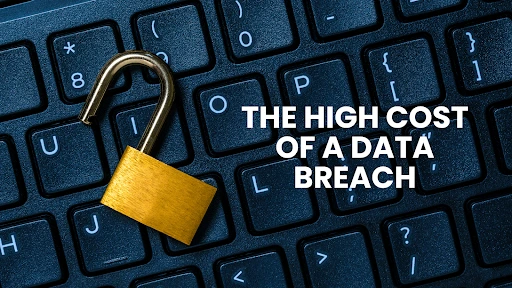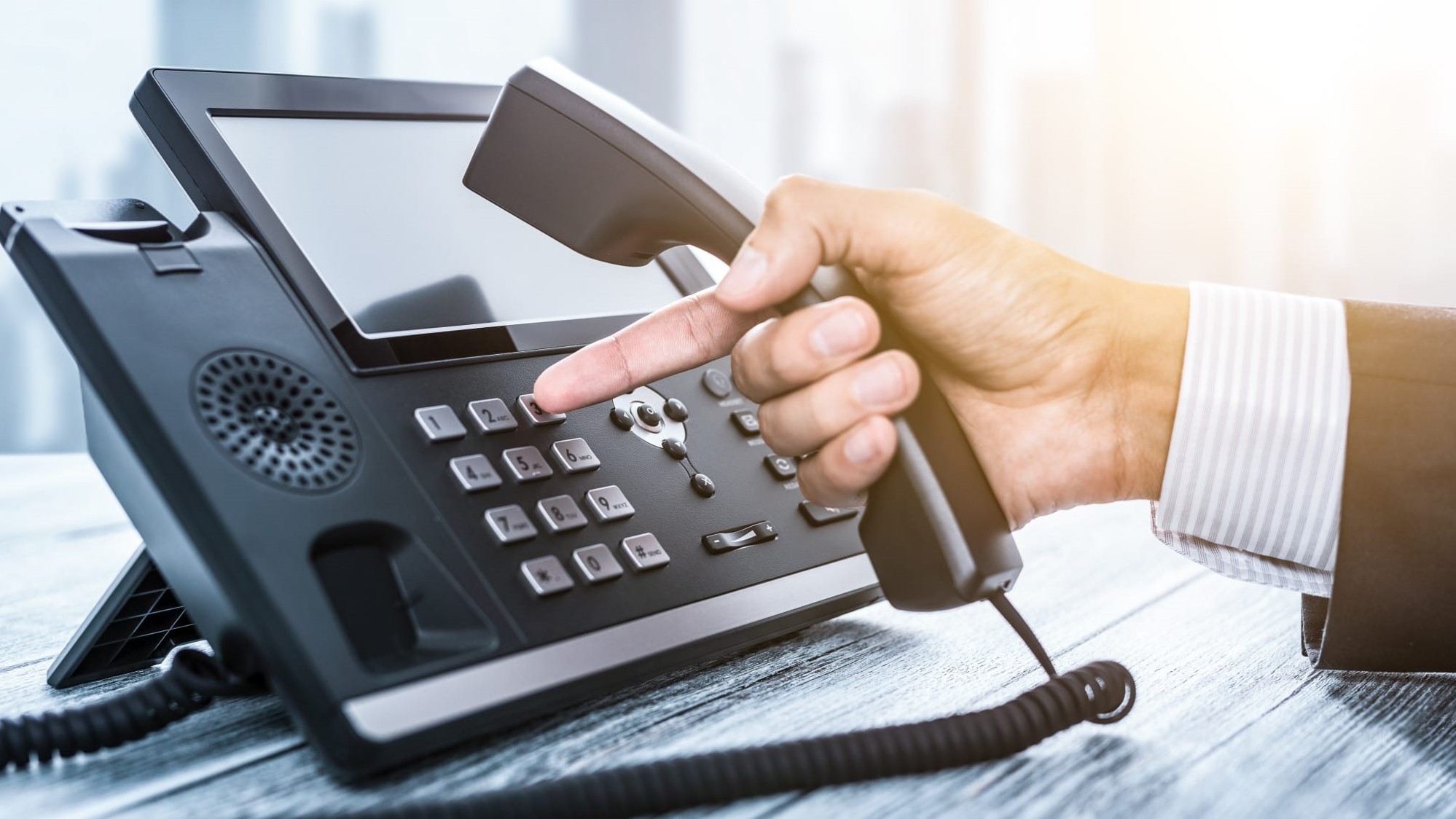Imagine this: It’s a busy Friday night. Your restaurant is buzzing with happy diners, orders are flying out of the kitchen, and the aroma of your signature dish fills the air. But behind the scenes, a silent threat is lurking. A hacker gains access to your customer database, compromising sensitive information like credit card numbers, addresses, and even birthdates. Suddenly, that bustling Friday night turns into a PR nightmare.
More Than a Spilled Drink: The Real Cost of a Data Breach
While a spilled drink or a burnt order can certainly ruin a customer’s evening, a data breach can have far more devastating and long-lasting consequences for your restaurant:
- Financial Fallout: Data breaches can be expensive. Think legal fees, regulatory fines, credit monitoring services for affected customers, and the cost of recovering compromised systems.
- Reputation on the Line: News of a data breach can spread like wildfire, damaging your restaurant’s hard-earned reputation and eroding customer trust.
- Lost Customers: In today’s world, customers are increasingly concerned about data privacy. A breach can send your loyal diners running to your competitors.
- Operational Disruption: Dealing with a data breach can be incredibly time-consuming and disruptive, taking your focus away from what matters most – serving delicious food and creating memorable experiences.
Beyond the Kitchen: Protecting Your Digital Assets
Just as you prioritize food safety and hygiene in your kitchen, you need to implement robust security measures to protect your digital assets. Here’s how:
- Staff Training: Your employees are your first line of defense. Train them on cybersecurity best practices, including password security, phishing scams, and safe internet usage.
- Secure Networks: Ensure your Wi-Fi network is password-protected and encrypted. Use firewalls and antivirus software to protect your systems from malware and other cyber threats.
- Access Control: Limit access to sensitive data to authorized personnel only. Implement strong password policies and multi-factor authentication.
- Data Encryption: Encrypt sensitive data, both in transit and at rest, to protect it from unauthorized access.
- Regular Updates: Keep your software and systems up-to-date with the latest security patches.
- Third-Party Risk Management: If you use third-party vendors for services like payment processing or online ordering, ensure they have strong security measures in place.
- Incident Response Plan: Develop a plan for how to respond in the event of a data breach. This will minimize damage and recover quickly.
Protecting Your Customers, Protecting Your Business
In today’s digital age, data security is no longer an option. It’s a critical component of running a successful restaurant. By taking proactive measures to protect customer data, you’re not only safeguarding your business but also building trust and loyalty with your diners.
To learn more about how to lay the groundwork as you’re preparing to implement new technology read this Forbes.com article by Milagro founder and CEO, Hamed Mazrouei: Marketing Automation Tech: Using Customer Data For Restaurant Revenue Growth




